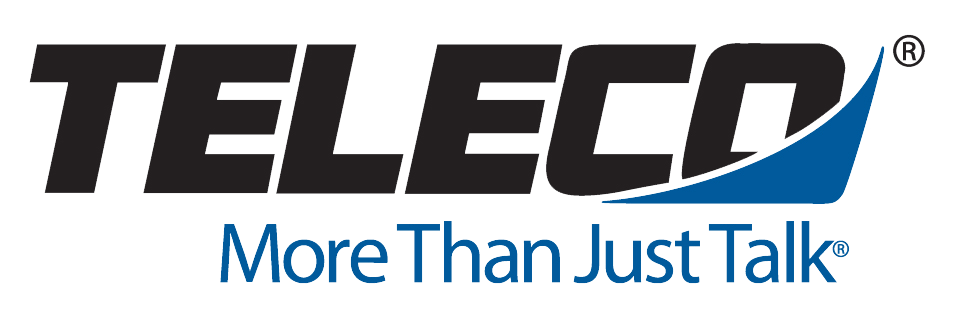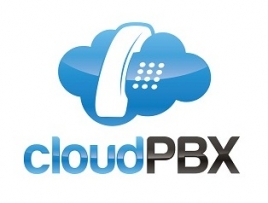Businesses work hard to understand how effective their sales teams are, and what kind of customer service they are providing their customers. Both of these extremely important factors can be improved with call recording. That is why knowing about the benefits of call recording is really the first step to improving your overall service offering.
- Reduce corporate and personal liability: The possibility of lawsuits is out there. One small miscommunication and you could end up paying a stranger millions. With call recording, there is evidence in place to defuse customer complaints before they turn into lawsuits.
- Quality control: Call recording helps ensure that what the customer wants, and what the call center agent or sales person has written down is the same thing. This prevents order and entry errors and guarantees that your product finds its way to your customer, based on their accurate details.
- Training: Few things are as effective as real life examples. When you are training a host of new sales people or call center agents, you will need these recorded examples to teach your new team how to handle themselves under pressure, while maintaining the integrity of the business.
- Performance reviews: How do you know if one call center agent or sales person is outshining the others? By reviewing their calls. The same goes for agents that are rude, or are not doing their job properly.
- Improve customer satisfaction: Call recording improves customer satisfaction, as managers are better equipped to train staff members and correct existing problems with dialogue and sales language.
- Improved business security: Security problems tend to reveal themselves when you record calls. It also enables you to reduce the amount of inappropriate calls being made on your work lines.
- Reduction in personal calls: If you suspect that your employees are calling using your dedicated phone lines, then call recording will find out for you. You can reduce these calls or eliminate them altogether.
- PCI Compliance: PCI compliance requires that you record phone conversations that handle credit card details with the utmost security. This way you prevent yourself from being liable for identity theft and stolen money.
These key benefits ensure that call recording remain an important part of the daily running of your business. If you have a call center or help line, you might want to consider modernizing to protect your interests, your customers and your employees.
Quality Management in Call Recording
In every business, quality management is paramount to success. It drives customer satisfaction and fuels repeat business. As you know, a company cannot survive without repeat business. If you can figure out a proven method of improving quality in your business—then you have a real opportunity. Call recording can do this for your company.
Quality management as it relates to call recording usually comes in a module or platform of some kind and ensures that your quality assurance and management staff have clear methods of evaluating your employee’s levels of performance.
It also serves as a way to ensure adherence to set corporate procedures that were implemented by senior management. The ultimate goal is to maximize employee productivity, and call recording can go a long way in helping you achieve this milestone.
This can come in the form of call recording that works in conjunction with screen capture modules—so that you can rate calls while interacting with the audio. Many companies that offer call recording also offer different toolsets that you can use, that complement your call recording software.
Quality management at its core is about continuous improvement in quality and performance. Your call recording software should indicate where the weaknesses are in your company. By analyzing these insights after reviewing the calls, you will be able to ACT based on the collection of metrics that you have plotted from this software.
Unified communications that use quality management tools nearly always result in improvements for the user’s business. Everything from employee performance, sales ratios, call durations, upselling and conferencing can be optimized based on the information that you will get from your call recording software.
Some quality management programs come with speech analytics and frameworks that you will be able to use to accurately turn metrics into actionable data. It is only when patterns have been identified and understood, that action can be taken to either improve the business, or to reduce errors in the business that happen on a daily basis.
Quality management can also come in a suite of tools including call recording, screen capture, assistant, call scoring and agent access. Many companies that offer these tools do it as an all-in-one solution for your call center needs.
Risk Management and Dispute Resolution
When you have thousands of people calling into your company, you can bet that a healthy amount of them will be complaints. Risk management is all about knowing how to handle those complaints in a manner that protects your brand and employee interests, while ensuring that the customer is satisfied with the outcome of the call.
Proof may often be necessary to quell or resolve disputes that arise between staff and customers. The staff member will have access to details about the customer to make the process easier. However, if something goes wrong and the customer becomes threatening—what happens?
The call recording software will have captured all the interactions between the staff member and the customer, including voice calls, desktop screen capture data and other details from the conversation. The trained staff member can then use these details as ‘facts’ to quickly and professionally defuse emotional situations.
Complaints can result from a breakdown in communication, or the unwillingness of a staff member to follow procedure. If the argument does escalate, you will be able to view the entire thing and take action to fix the situation. These detailed recordings and extras nearly always help the manager decide a few key things.
The first is where an issue came to light, and how it was dealt with. Then the manager can formulate a plan to fix the issue. They will check that the proper procedures were followed to get to the desired outcomes. During this process, they will uncover areas that need improvement.
Once this process is complete the manager should know what happened. If it was the fault of the customer, they will then proceed to placate the customer using logic and other tools in their sales arsenal, like discounts or free gifts. If the staff member was at fault, they will need to be spoken to, given a warning or outright fired – based on what happened.
Complaint management is a big part of risk management, and it needs to be handled according to company policy. Call recording goes a long way to ensuring that the right processes were acknowledged during the dispute. Once the manager understands what has really happened, they can take decisive action.
And this action is based on facts that were recorded by their quality management program and call recording system. Together, they work to guarantee the best customer service possible, and to protect the business from unscrupulous customers.

